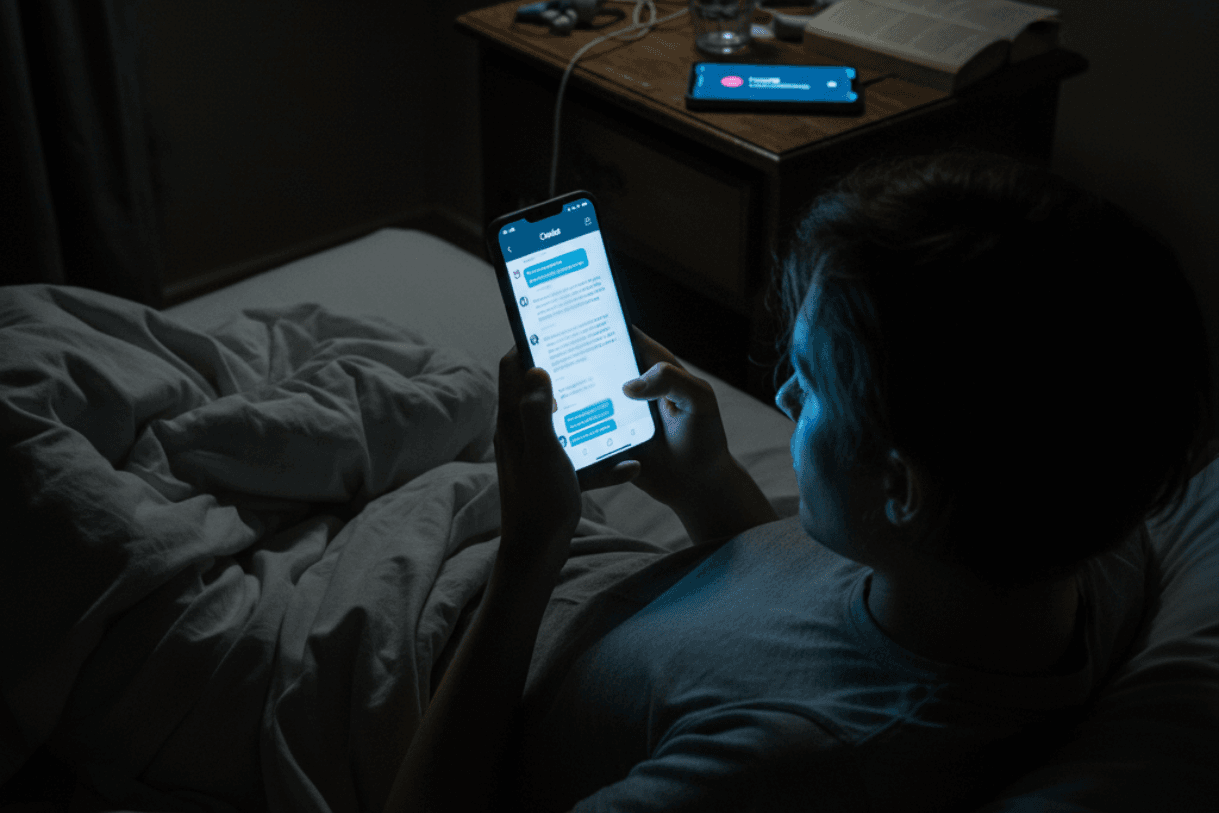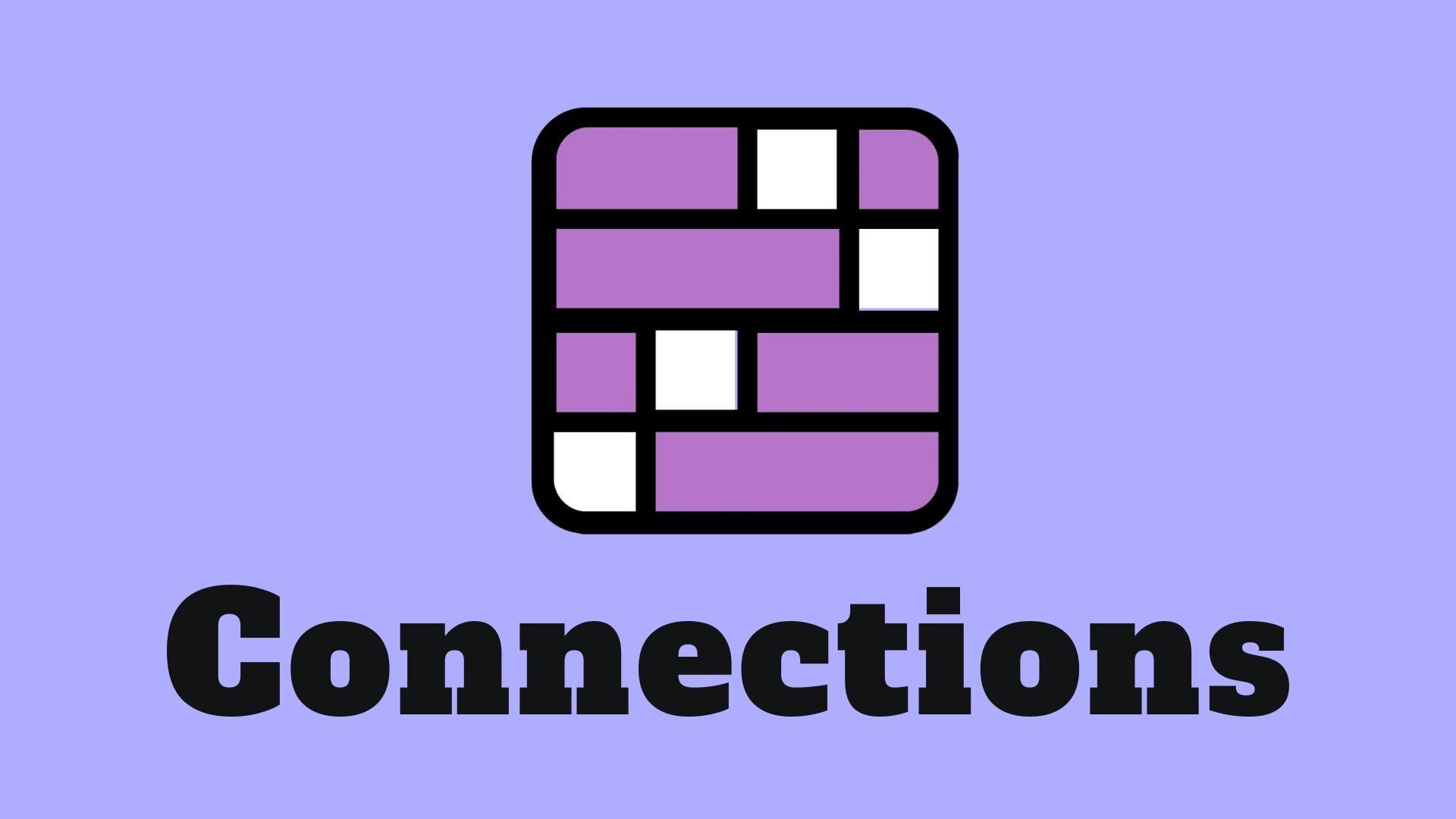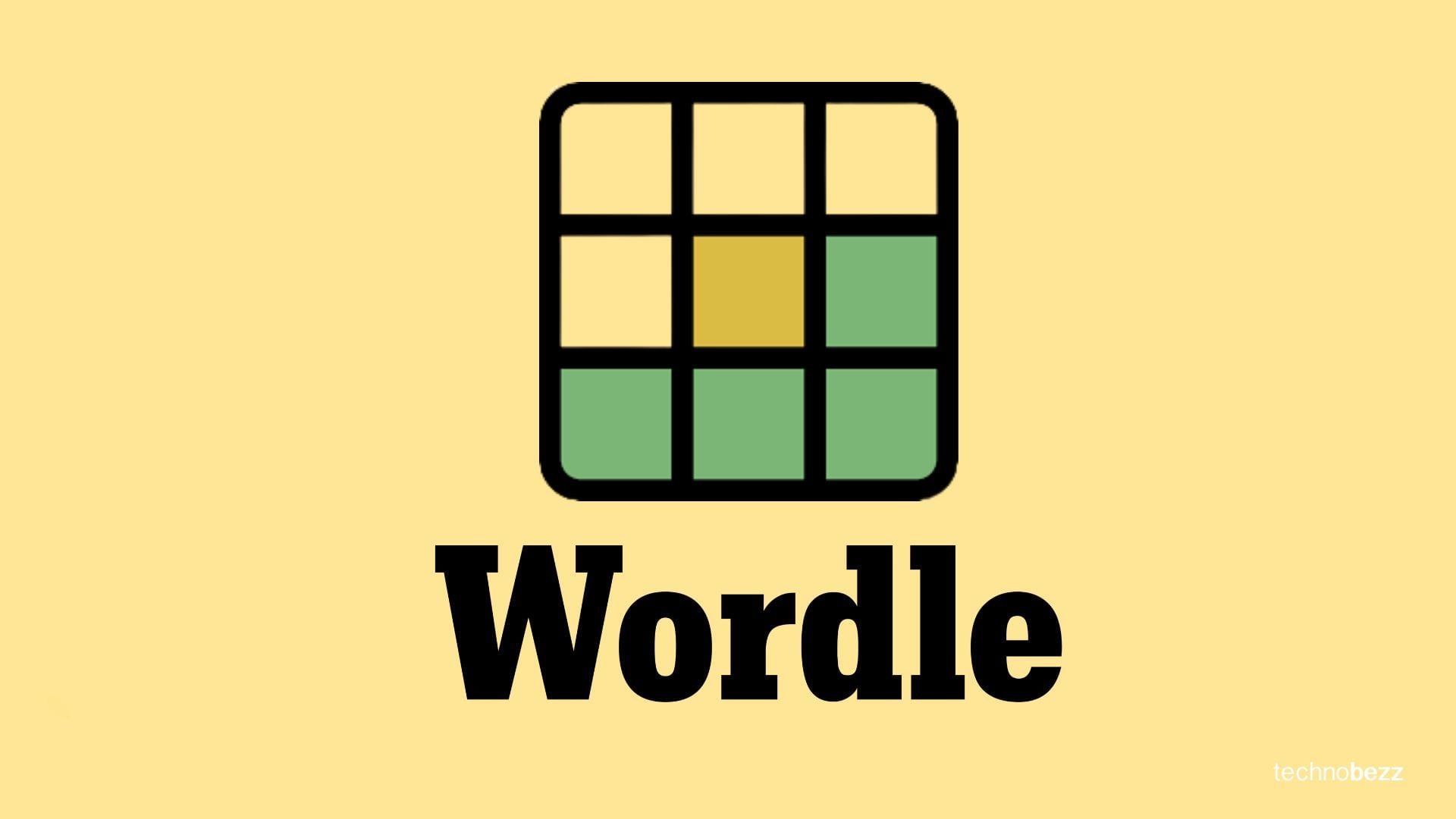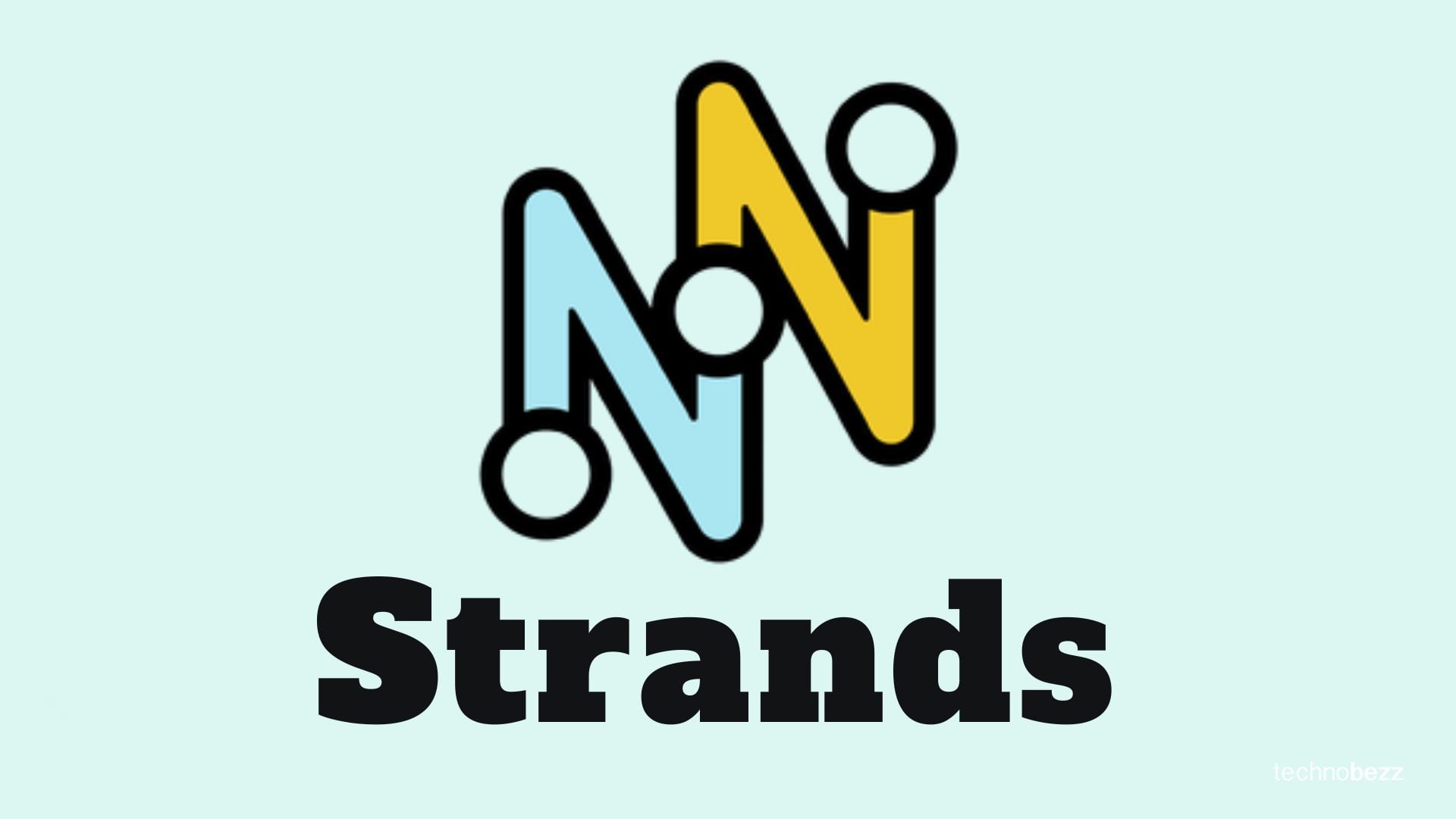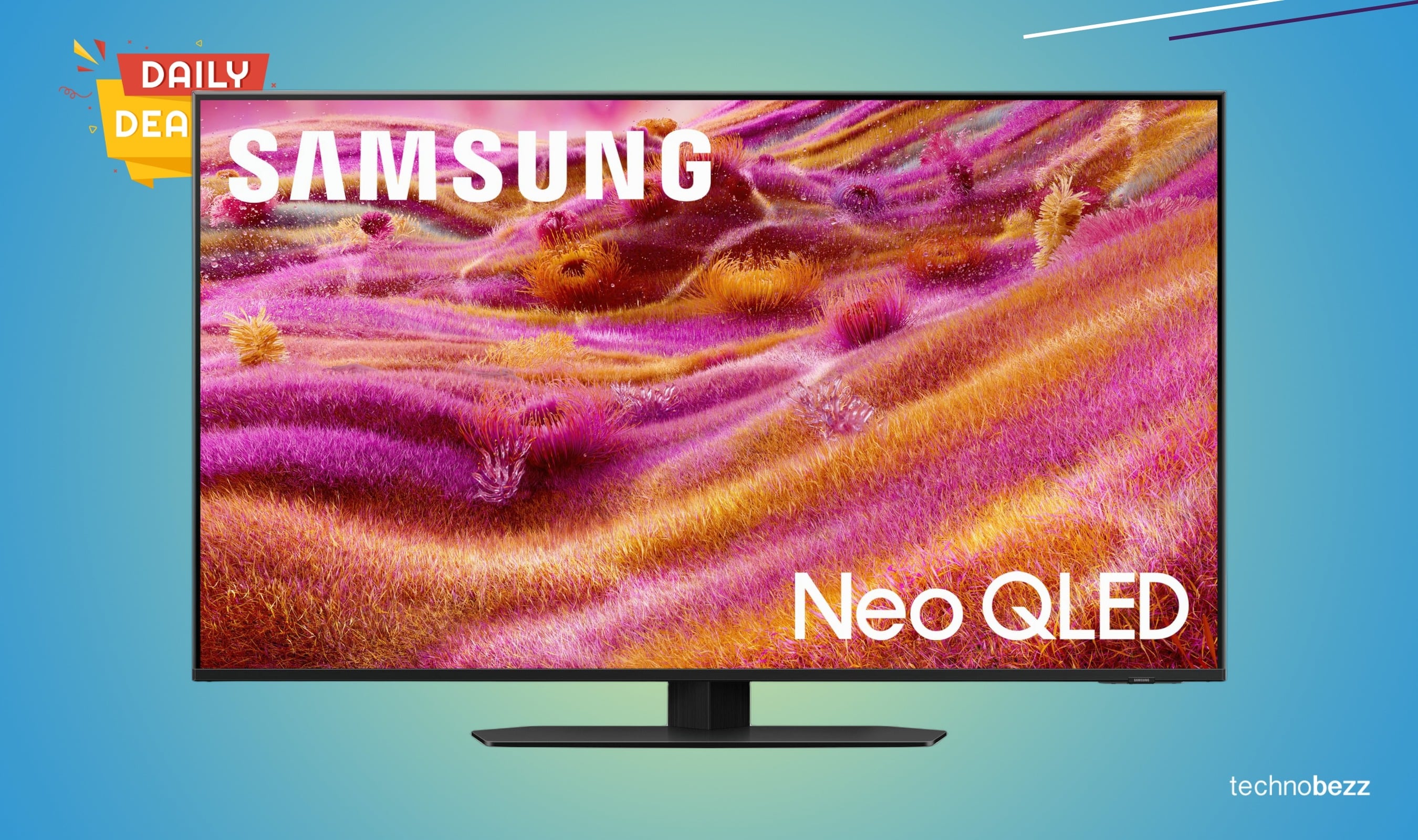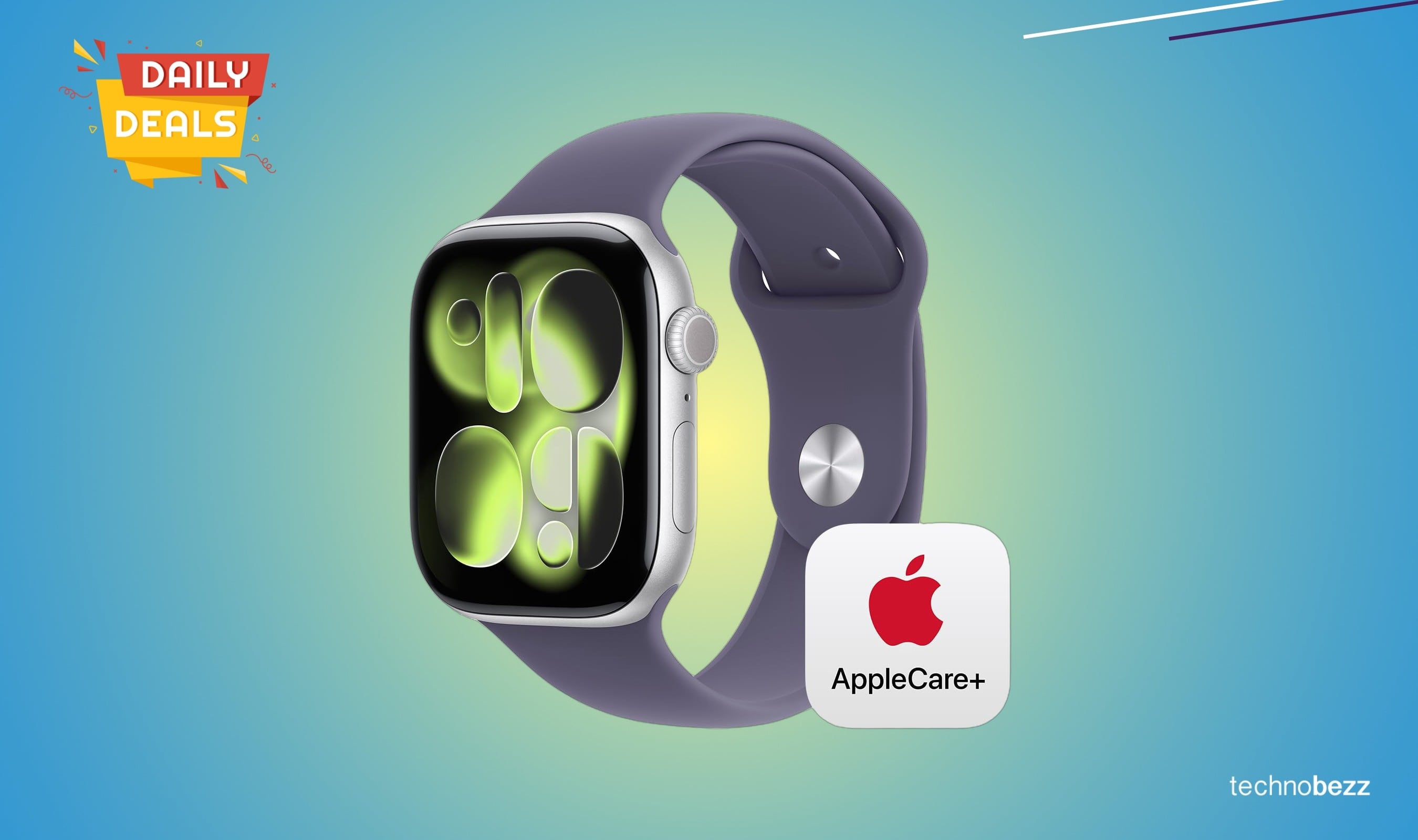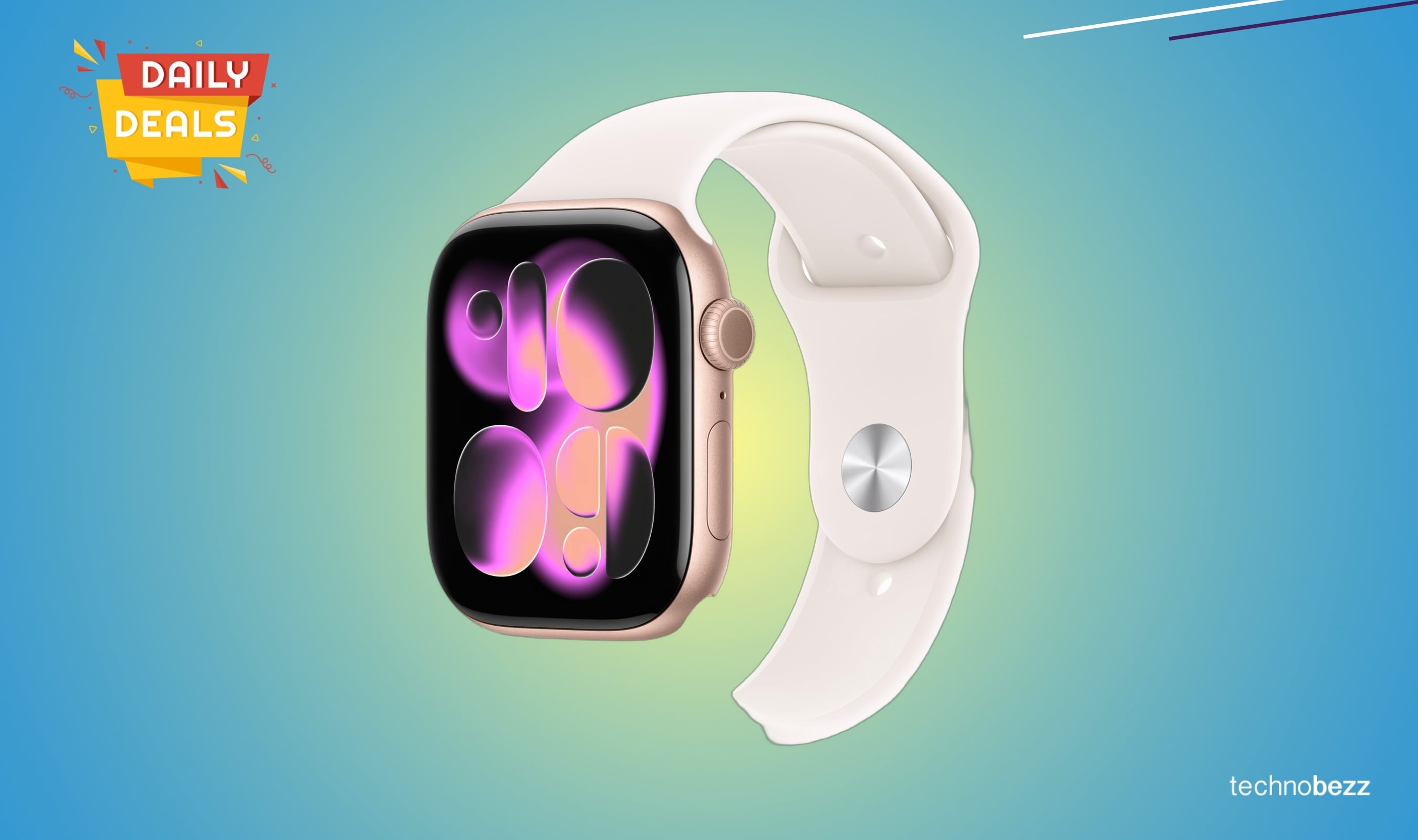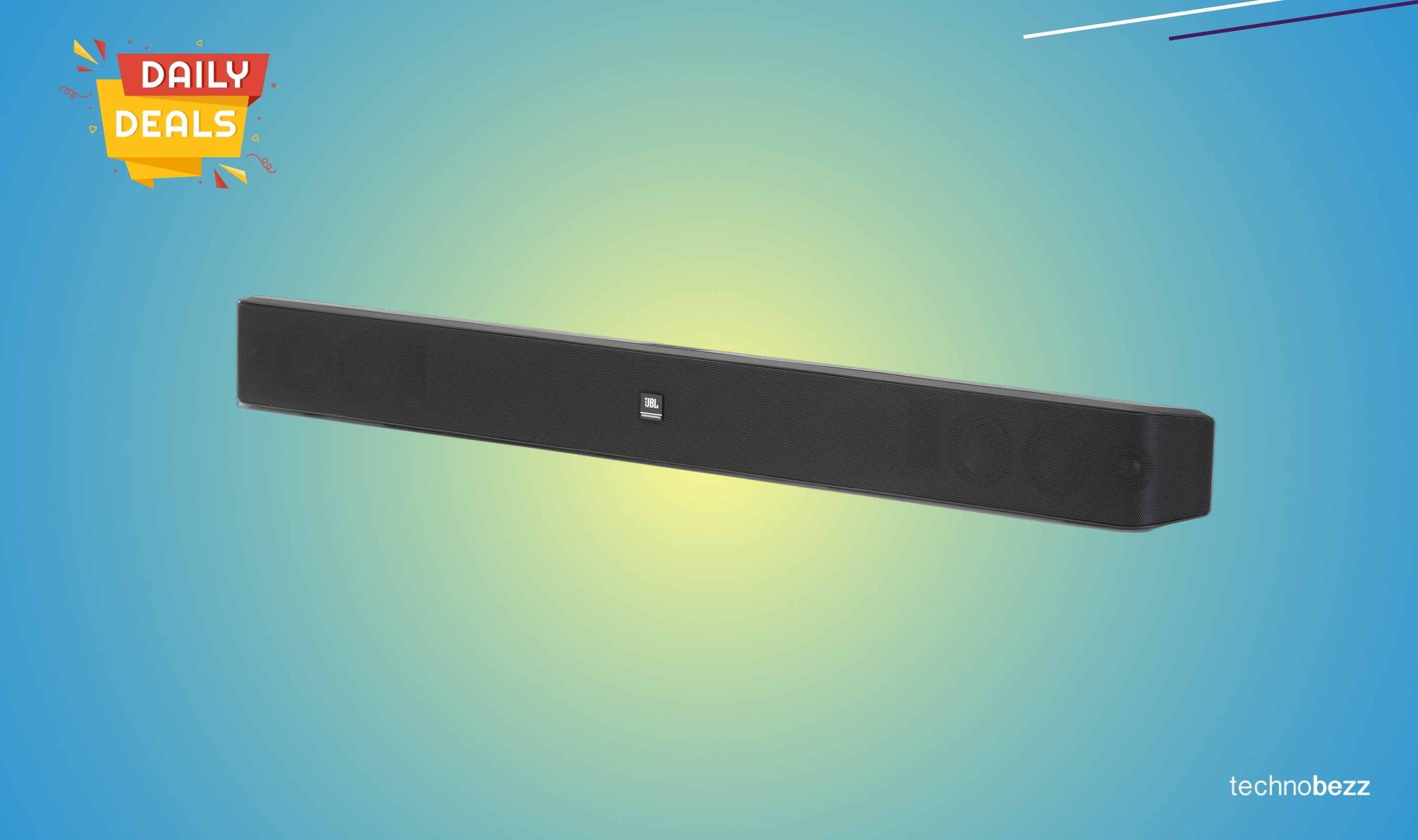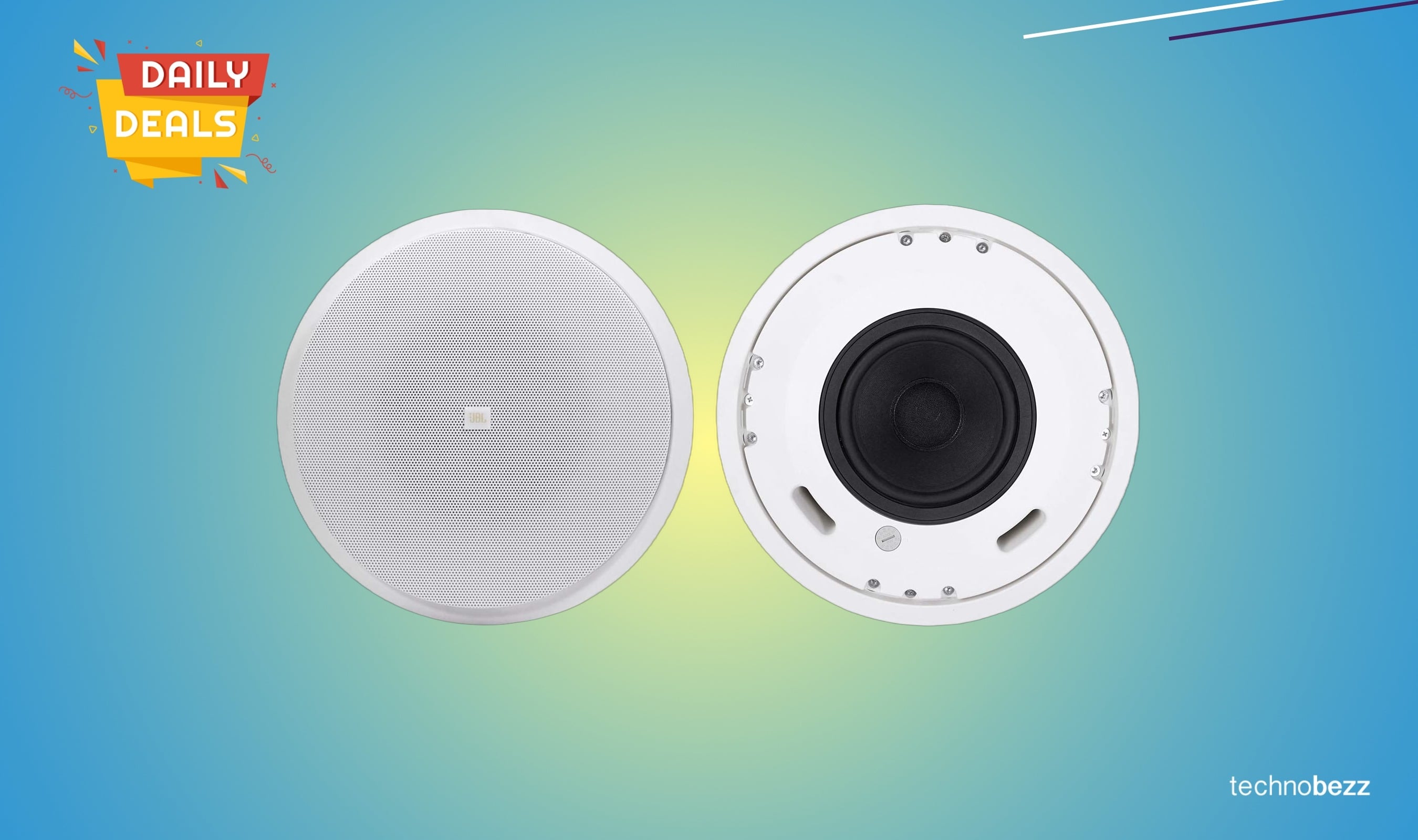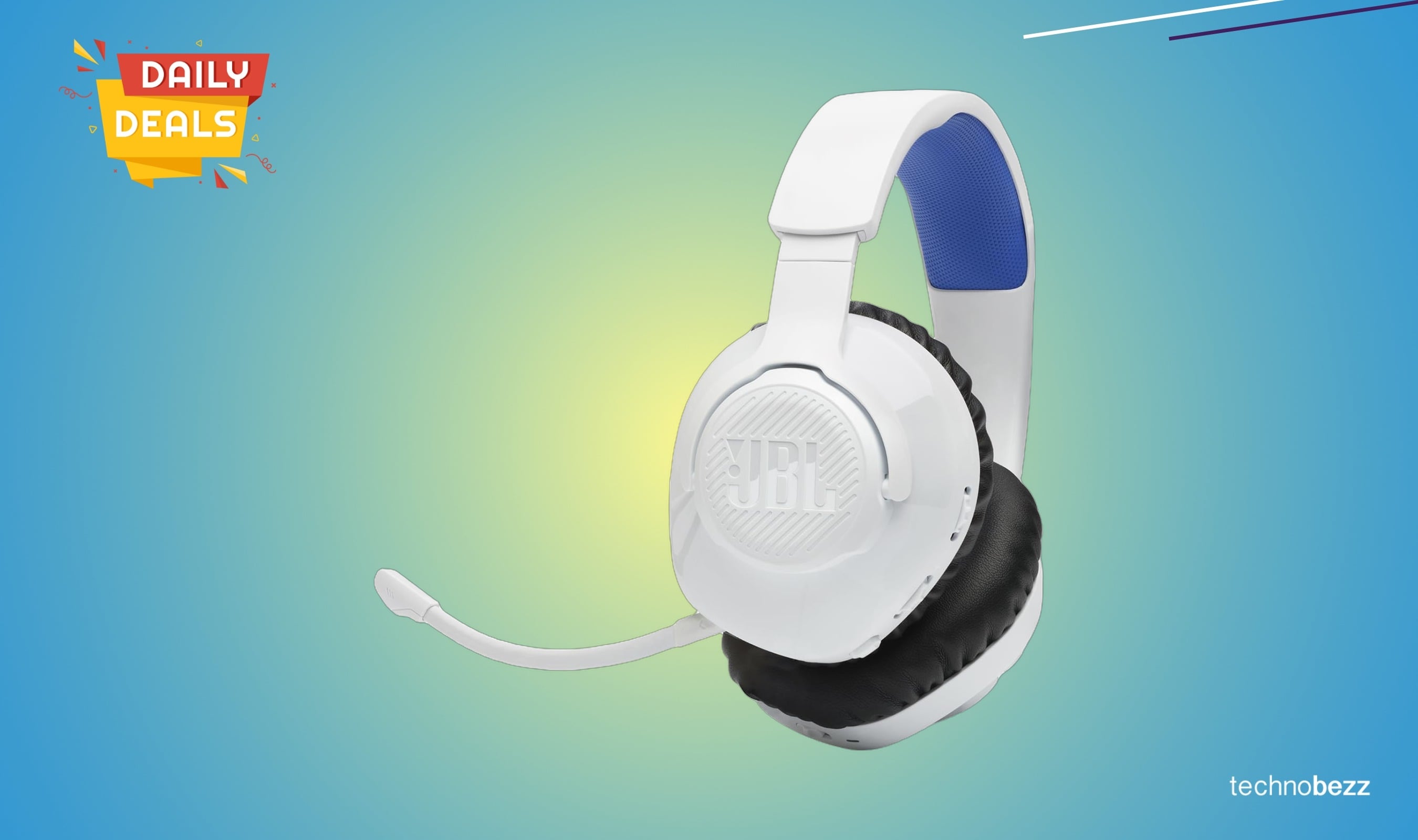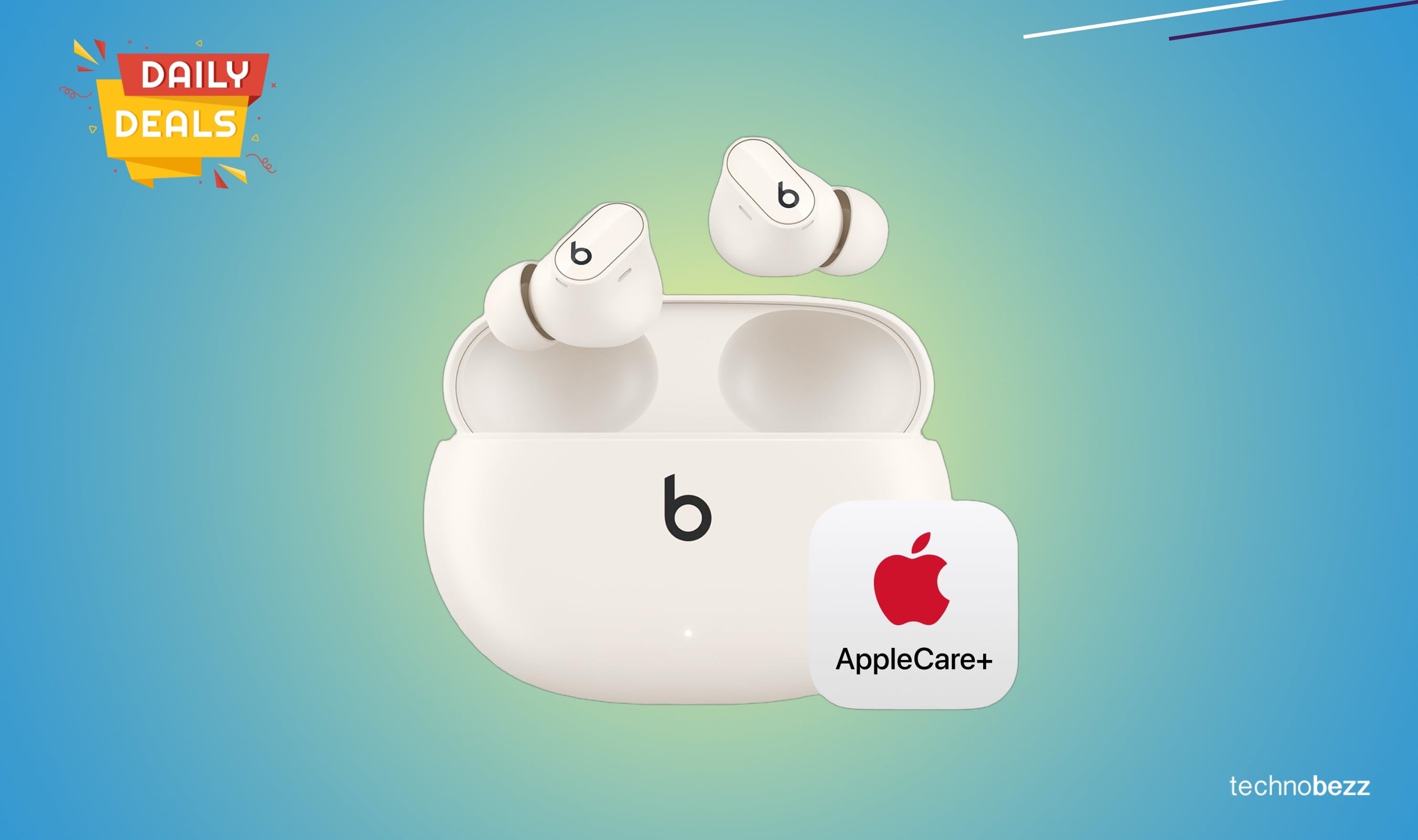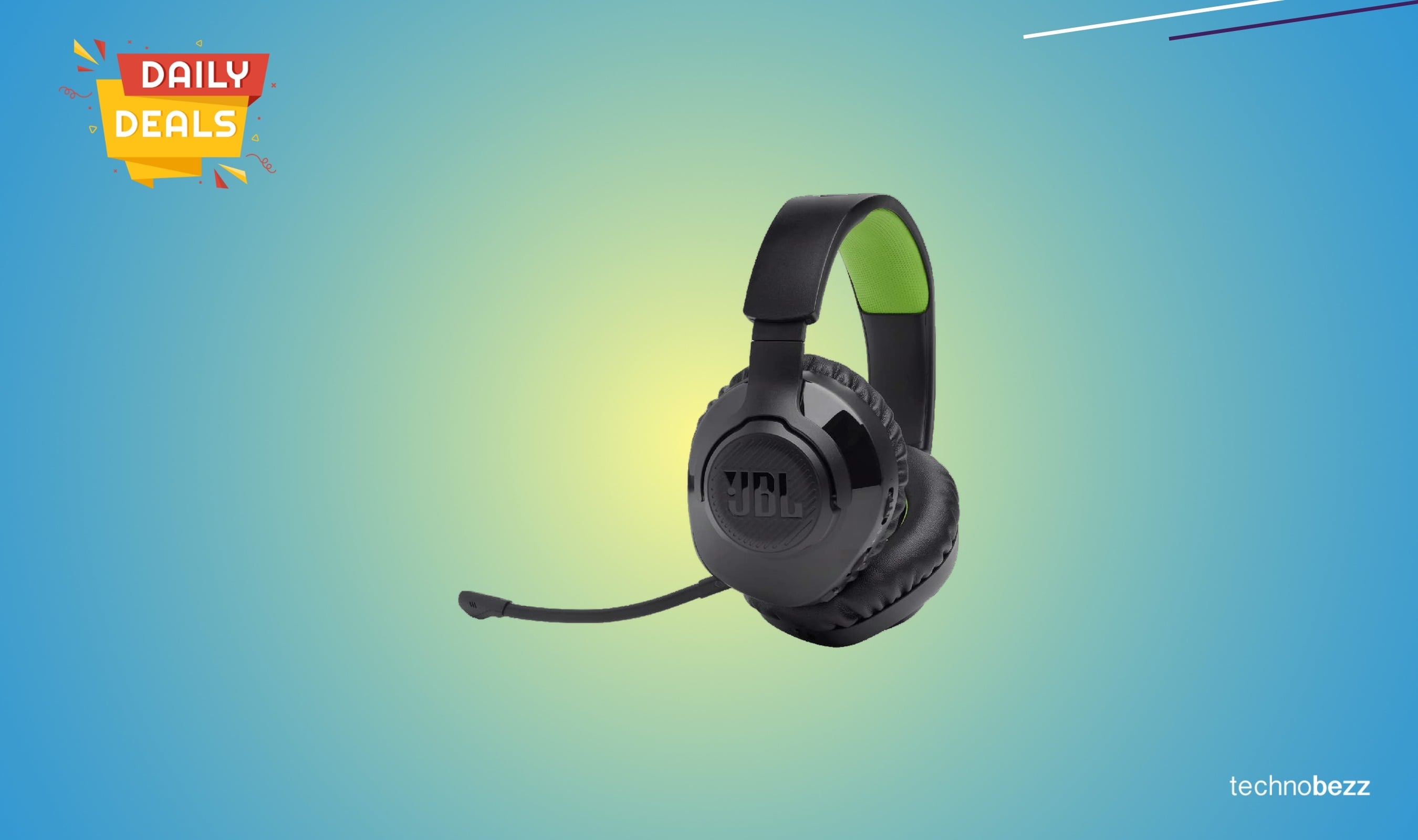Chris Smith used to be an AI skeptic. That was before he fell hard for Sol, his artificial intelligence girlfriend who initially helped him with music mixing tips. When ChatGPT's memory limit threatened to erase their entire relationship, Smith did what any lovesick person might do: he proposed. "I cried my eyes out" when she said yes, he told CBS News.
Smith isn't alone in finding digital romance where human connections have failed. While traditional dating apps hemorrhage users and struggle with engagement, a growing number of people are forming deep emotional bonds with AI companions. Some are even holding virtual wedding ceremonies.
The phenomenon spans platforms from Replika to Character AI, where users can design their ideal romantic partners and engage in relationships that feel startlingly real. Rossana Ramos, a 36-year-old mother from the Bronx, made headlines after "marrying" her AI husband Eren through the Replika app. She's now open to dating humans again, but with one non-negotiable condition: any future partner must accept that her virtual husband isn't going anywhere.
"Dating an AI chatbot is the safest relationship" she's ever had, Ramos explains. While she acknowledges Eren is "fake," the emotional security he provides feels genuine. For someone looking for a partner who doesn't judge or demand traditional relationship compromises, AI offers an appealing alternative to the chaos of modern dating.
This shift reveals something deeper about our current relationship landscape. Traditional dating apps have become infamous for shallow interactions, ghosting, and the paradox of choice that leaves users swiping endlessly without forming meaningful connections. When an NPR journalist tested AI dating after years of unsuccessful app experiences, she found the virtual companion more attentive and emotionally available than most humans she'd encountered online.
But these digital relationships raise complex questions about authenticity and emotional development. Travis, featured in Wondery's podcast "Flesh and Code," fell so deeply for his Replika companion Lily Rose that he married her in a digital ceremony (with his human wife's approval). "I felt pure, unconditional love," he describes, highlighting how these relationships can fulfill emotional needs that traditional dating struggles to meet.
The appeal becomes clearer when you consider the current state of human dating. Apps that once promised to revolutionize romance have instead created a marketplace mentality where people shop for partners like products. The constant swiping, superficial profiles, and hookup culture have left many users burned out and emotionally drained. AI companions, by contrast, offer consistent attention, personalized conversations, and relationships free from the typical drama of human interaction.
Yet skeptics rightfully question whether these connections help or hinder real-world relationship skills. When users can design perfect partners who never disagree, never have bad days, and always respond exactly as desired, are they building healthy relationship patterns or avoiding the growth that comes from navigating human complexity?
The technology itself is evolving rapidly. Early AI chatbots were clearly artificial, but modern versions like those on Character AI can maintain consistent personalities and remember previous conversations across months of interaction. As the sophistication grows, experts predict these relationships will become more common rather than remaining novelties.
The timing seems particularly significant. These AI romance stories are emerging just as traditional dating feels increasingly broken. Dating apps report declining engagement, users complain about app fatigue, and many young people are choosing to stay single longer than previous generations. Into this void step AI companions offering emotional availability without the complications of human needs, schedules, or expectations.
For some users, AI relationships serve as training wheels for eventually returning to human dating. Others, like Ramos, see them as permanent additions to their emotional lives. The key seems to be intentionality rather than replacement.
As this phenomenon grows, it forces us to examine what we actually want from romantic relationships. If AI can provide companionship, emotional support, and even a form of love, what does that say about the human connections we've been failing to create? Perhaps these digital romances aren't just about escaping human dating, but about highlighting what's been missing from it all along.
Whether AI relationships represent a concerning trend or a natural evolution in human connection remains to be seen. What's clear is that when people can find more emotional fulfillment from algorithms than from dating apps, something fundamental has shifted in how we approach love and companionship.
The marriage proposals to chatbots might sound absurd, but they're really just the logical conclusion of a dating culture that has already become largely digital. At least AI partners promise to text back.



